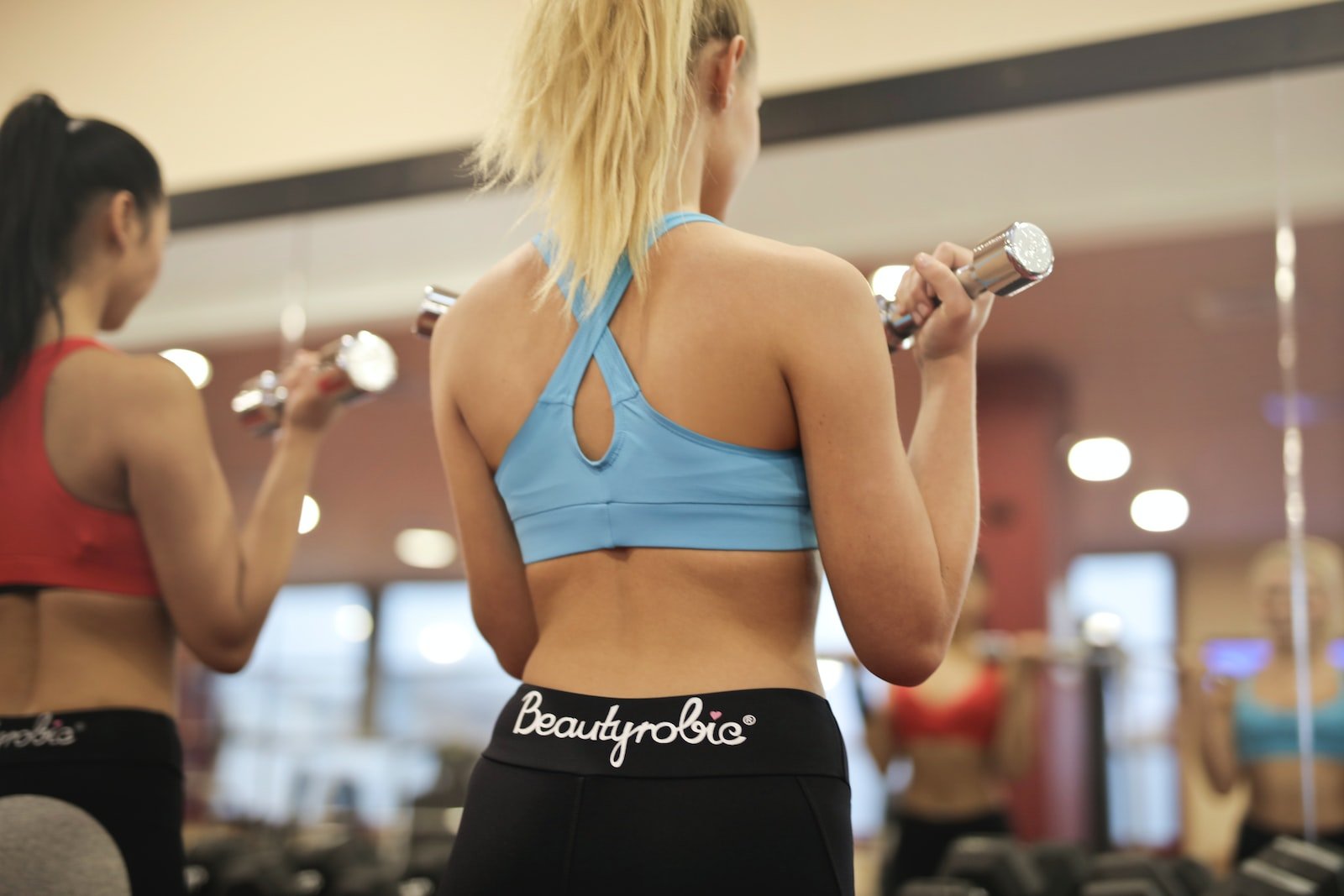Unlocking your peak performance in the gym starts long before you even grab your workout clothes. The secret lies in strategic pre- and post-workout nutrition, providing your body with the right fuel to optimize energy, minimize fatigue, and maximize recovery. This guide demystifies the science behind nourishing your fitness journey, empowering you to achieve your goals with every bite.
Pre-Workout Power: Gearing Up for Performance
- Timing is Key: Ideally, eat your pre-workout meal 1-3 hours before exercise. For shorter windows, opt for a smaller, easily digestible snack 30-60 minutes beforehand.
- Carbohydrates Rule: Carbs are your body’s primary energy source during exercise. Choose complex carbs like whole grains, fruits, and vegetables for sustained energy release. Examples include oatmeal with berries, whole-wheat toast with avocado, or a banana with peanut butter.
- Don’t Neglect Protein: Include a moderate amount of protein (15-20 grams) to kickstart muscle repair and recovery. Lean meats, fish, eggs, Greek yogurt, or plant-based options like tofu or tempeh are excellent choices.
- Stay Hydrated: Drink 16-20 ounces of water 1-2 hours before your workout and top up with 4-6 ounces every 15 minutes during exercise. Proper hydration ensures optimal performance and prevents dehydration-induced fatigue.
- Mind Your Fiber: Avoid high-fiber foods before exercise, as they can cause digestive discomfort. Choose easily digestible options and limit fatty content to prevent upset stomachs.
Bonus Tip: Experiment! Find what works best for you by trying different pre-workout meals and snacks to identify what fuels your body optimally.
Post-Workout Refuel: Repairing & Replenishing
- The Golden Hour: Aim to consume a post-workout meal within 30-60 minutes to maximize muscle recovery and glycogen replenishment.
- Protein for Repair: Prioritize protein to provide the building blocks for muscle repair and growth. Aim for 20-30 grams of high-quality protein from sources like chicken, fish, eggs, dairy, or plant-based alternatives.
- Carb Replenishment: Replenish glycogen stores with easily digestible carbohydrates. Choose fruits, vegetables, whole grains, or starchy options like sweet potato or brown rice.
- Don’t Forget Fluids: Continue to hydrate after your workout to replace lost fluids and electrolytes. Water, coconut water, or low-fat milk are great choices.
- Listen to Your Body: Adjust your post-workout meal size and composition based on your workout intensity and individual needs.
Bonus Tip: Consider a post-workout smoothie for a convenient and easily digestible option. Blend protein powder, bananas, spinach, and almond milk for a delicious and nutritious recovery drink.
Frequently Asked Questions
Q: Can I exercise on an empty stomach?
A: While some studies suggest fasted exercise may increase fat burning, it’s not suitable for everyone and can lead to fatigue and reduced performance. Most individuals benefit from pre-workout fuel for optimal energy levels.
Q: What about supplements?
A: A balanced diet should provide most essential nutrients. Supplements might be beneficial in specific cases, but consult a registered dietitian or healthcare professional for personalized advice.
Q: What should I avoid before and after workouts?
A: Limit highly processed foods, sugary drinks, excessive fiber, and fatty meals before and after exercise. These can cause digestive issues and hinder performance or recovery.
Q: How much water should I drink?
A: Individual needs vary based on factors like weight, activity level, and climate. Aim for 8-10 glasses of water daily, adjusting based on your workout intensity and sweat loss.

